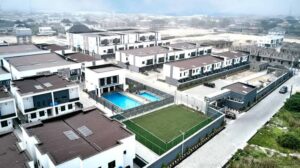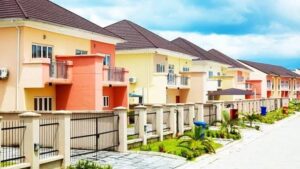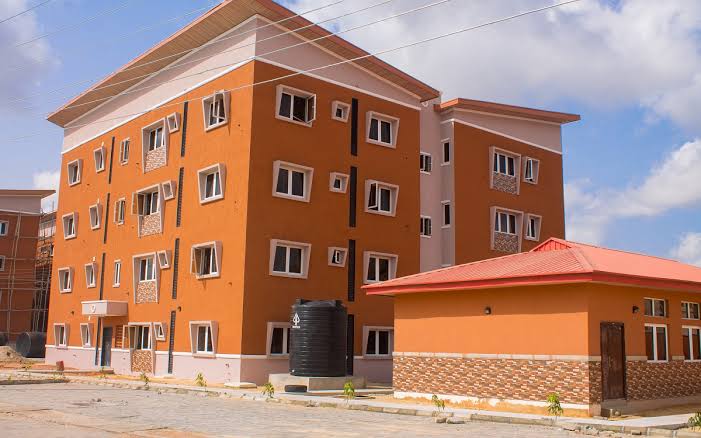More than 40 per cent of residential properties in Lagos are owned by investors, signaling a rising trend of real estate speculation in the city, according to the third volume of the State of Lagos Housing Market report.

The report reveals that investors dominate the residential housing space, especially in high-end areas like Ikoyi, Victoria Island, Lekki, and Ikeja. These upscale neighbourhoods continue to attract developers and investors, reinforcing a shift towards investment-driven property ownership rather than owner-occupation.
“In Lagos, more than 40 per cent of residential properties are held by investors rather than owner-occupiers,” the report states. “This trend is particularly pronounced in prime locations where investor activity remains intense.”

Despite the growing property market, homeownership remains out of reach for most Nigerians. Data from the Central Bank of Nigeria indicates that only about 10 per cent of Nigerians can afford to buy a home, underscoring the disparity in access to housing.
The report notes that many investors leverage financial tools like Real Estate Investment Trusts (REITs) and real estate investment groups to acquire and manage rental properties, bypassing the challenges of direct property management. These investment models further highlight the influence of investors in the market.

Rental Yields and Coastal Premiums Fuel Investment
Lagos’s residential rental market offers attractive returns, with yields ranging between 4.5 and 6 per cent annually. These steady returns have helped to reinforce investor interest in residential properties.
The report also points out that properties with ocean views command a premium, often priced as much as 25 per cent higher than inland alternatives. Areas such as Lekki, Abijo, and Ibeju benefit from their coastal locations, offering not just scenic views but also a premium lifestyle that appeals to buyers willing to pay more for luxury and long-term value.
“While the 25 per cent premium may vary by location and source, there is clear evidence that oceanfront and coastal properties attract higher market values due to their unique appeal and setting,” the report adds.

Appreciation Driven by Demand and Infrastructure
Residential property prices in Lagos are also steadily appreciating—typically between 4 and 6 per cent annually—due in large part to ongoing infrastructure development. Improved roads, bridges, and public amenities are making neighbourhoods more accessible and desirable, thereby pushing up demand and values.
The report observes that Lagos’s rapid population growth and its status as an economic hub continue to drive demand for housing. This demand persists even in areas that have not yet seen major developments, helping maintain consistent appreciation rates.
“In emerging districts, property values can rise by as much as 10 per cent per year,” the report notes. “In more established areas, the growth rate is generally between three and five per cent, contributing to the citywide average.”

The State of Lagos Housing Market report is published by the Roland Igbinoba Real Foundation for Housing and Urban Development. The first and second volumes were released in 2009 and 2016, respectively.




